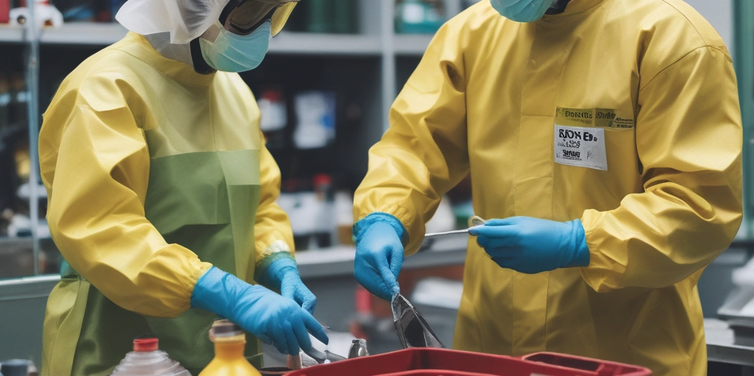Our services
From consulting and strategy development to implementation and support, our comprehensive services can help your business thrive.


Sludges
Sludges, often generated as by-products from industrial wastewater treatment, manufacturing processes, and automotive operations, frequently contain a complex mixture of hazardous substances including heavy metals, oils, chemicals, and other contaminants.
Their viscous nature and high concentration of pollutants make them particularly challenging to manage. In Ireland, the proper disposal of hazardous sludges is paramount to prevent widespread environmental damage and safeguard public health.
Uncontrolled discharge or landfilling of these materials can lead to severe contamination of groundwater, soil, and surface waters, impacting ecosystems and potentially entering the food chain. Consequently, strict adherence to the National Hazardous Waste Management Plan is essential.
This mandates that hazardous sludges must be meticulously characterized, securely contained, and transported by specialized, licensed contractors to approved facilities for treatment, stabilization, or environmentally sound disposal. Implementing robust waste management practices for sludges is vital for mitigating environmental risks, complying with legal obligations, and contributing to Ireland's broader environmental protection goals.
Chemicals
Chemicals, in their diverse forms and applications, are indispensable across numerous industries, including manufacturing, healthcare, agriculture, and automotive services. However, once they become waste, many chemicals pose significant hazards due to their corrosive, reactive, toxic, or flammable properties.
The improper disposal of chemical waste in Ireland can lead to severe environmental contamination, affecting soil, water bodies, and air quality, and presenting substantial risks to human health and biodiversity. The National Hazardous Waste Management Plan in Ireland strictly mandates the responsible handling and disposal of such wastes to mitigate these dangers.
This necessitates meticulous identification, classification, secure storage in appropriate containers, and transportation by authorized and licensed waste contractors. These contractors ensure that chemical wastes are either treated to neutralize their hazardous properties, recycled where feasible, or disposed of in environmentally sound facilities, thereby preventing ecological damage and upholding public safety standards across the nation.
Solvents
Solvents are ubiquitous in various industrial processes, from manufacturing and cleaning to automotive repair and painting. While essential for many operations, spent or contaminated solvents are classified as hazardous waste due to their flammability, toxicity, and potential to cause significant environmental pollution and health risks. In Ireland, the stringent regulations outlined in the National Hazardous Waste Management Plan underscore the critical need for their proper removal and disposal.
Improper handling, such as illegal dumping or inadequate storage, can lead to soil and water contamination, air pollution, and severe health issues for workers and the public. Therefore, adherence to licensed hazardous waste collection and treatment facilities is not merely a regulatory obligation but a fundamental responsibility to protect Ireland's natural environment and ensure public safety.
This includes meticulous segregation, appropriate labeling, and transport by authorized carriers to facilities capable of safe recycling, treatment, or destruction, thereby minimizing ecological footprint and fostering a circular economy approach.
Sustainability Drives Progress
Compliant waste disposal for healthcare providers nationwide.
© 2025. All rights reserved.
